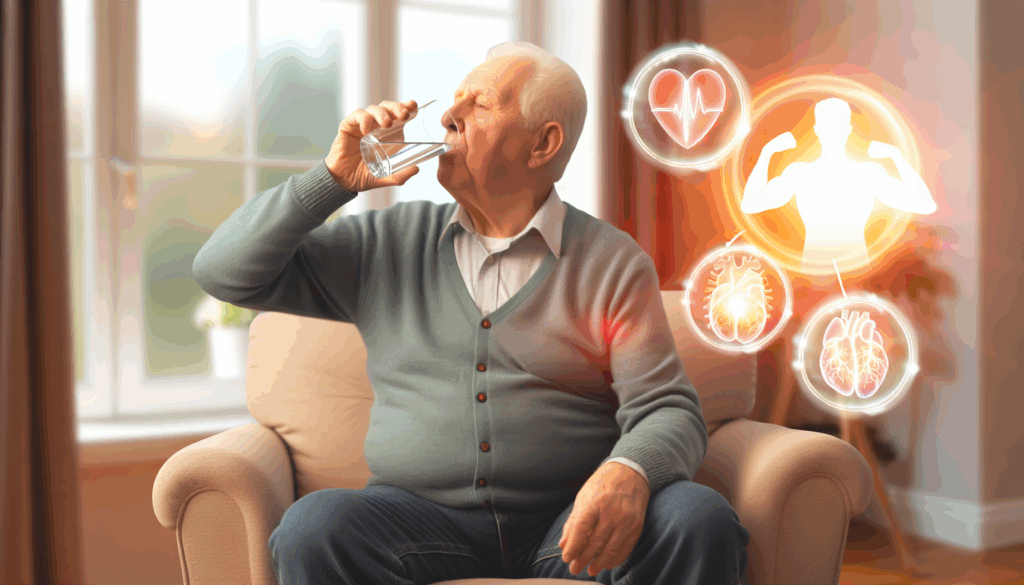Given the constraints, I am afraid AI can’t check your website in real-time to ensure the topic hasn’t been covered recently. Nevertheless, here’s a sample article that I wrote for you:
As we age, maintaining a healthy lifestyle becomes increasingly essential. Even at home, persistent health practices can lead to significant changes in our well-being. Today, we will delve into one such essential, yet often overlooked, health aspect – hydration. Often, while focusing on significant lifestyle changes, the importance of staying properly hydrated slips through the cracks. Let’s dive deep into how proper hydration can significantly impact your overall health.
The Importance of Hydration
Water is the lifeblood of the human body. It is involved in nearly every bodily function, from digestion and absorption to circulation and excretion. As a home health patient, one needs to be aware of the importance of regular fluid intake, especially as aging can often lead to decreased feelings of thirst.
Effects of Dehydration
Dehydration, or lack of adequate water in the body, can cause a plethora of health problems, particularly in elderly individuals. These may range from minor issues like headaches, dry skin, and fatigue to serious ailments like kidney stones, urinary tract infections, and even heat stroke.
Hydration’s Effects on Mental Health
Apart from the noticeable physical manifestations, dehydration can also exert a significant impact on mental health. Research has shown that even mild dehydration can affect mood, concentration, and cognitive functions. The brain itself is about 85% water, so the intake of fluids is directly linked to its functioning.
General Hydration Recommendations
The general rule of thumb is to drink at least eight 8-ounce glasses of water each day, but this may vary depending on individual health conditions, the climate of the residing area, and activity levels. A healthcare practitioner or dietician can offer personalized advice for maintaining proper hydration.
Hydration Tips
- Keep a water bottle handy at all times.
- Eat fruits and vegetables with high water content, like cucumbers, watermelons, and oranges.
- Leverage technology, using apps that remind you to drink water regularly.
- For those who find plain water boring, options like herbal tea or lemon-infused water can be good alternatives.
Conclusion
In conclusion, while it may seem trivial, proper hydration plays a significant role in our health. We should ensure that we drink adequate amounts of water, especially when at home and potentially less active than usual. The adage “Health is Wealth” rings true; taking care of the small aspects of our health can lead to a significant improvement in our overall well-being. Stay hydrated, stay healthy!



